The Answers
We pose a question to a group of veteran camera Ops, representing over 400 years of experience between them, about all aspects of the business. Answers are posted anonymously, because, in the end, there are rarely any absolute solutions to anything on set, but rather different ways that Ops deal with things. The idea is to see different opinions and then decide what would work best for you.
See their answers below, and, if you have a question of your own, email us, and we will add it to the queue.
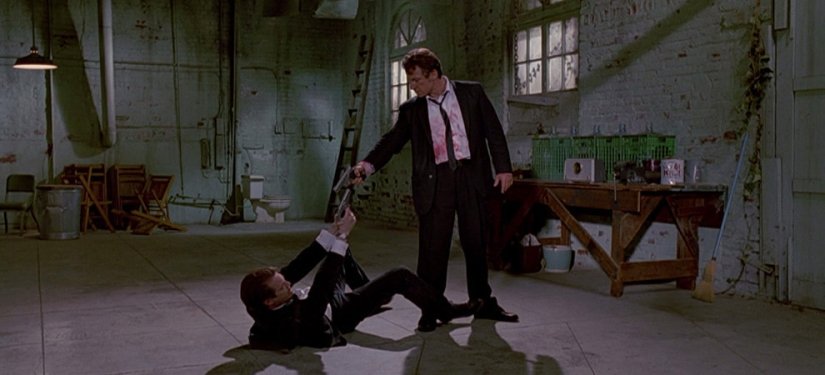
Are there jobs you have regretted taking and if so why? Is listening to your gut an important part of accepting a job or not?
It is important to listen to your instincts about a project – there are certain people I would never work with based on past experiences, or on-set stories from people I know and trust.
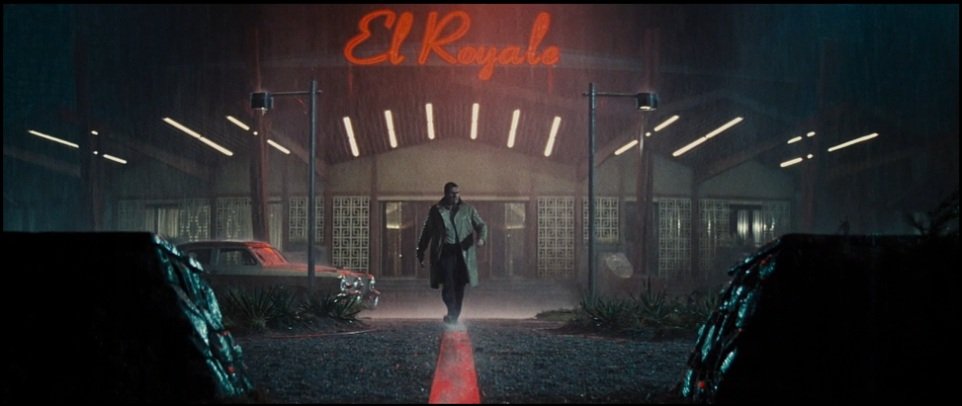
Running Rehearsals With The ADs and Second Team
It depends on several things – how big the shot is, what is involved, and what part of it I need to see (it isn’t always the entire thing). If the shot is long and there are a lot of things happening, I will involve the 1st AD.
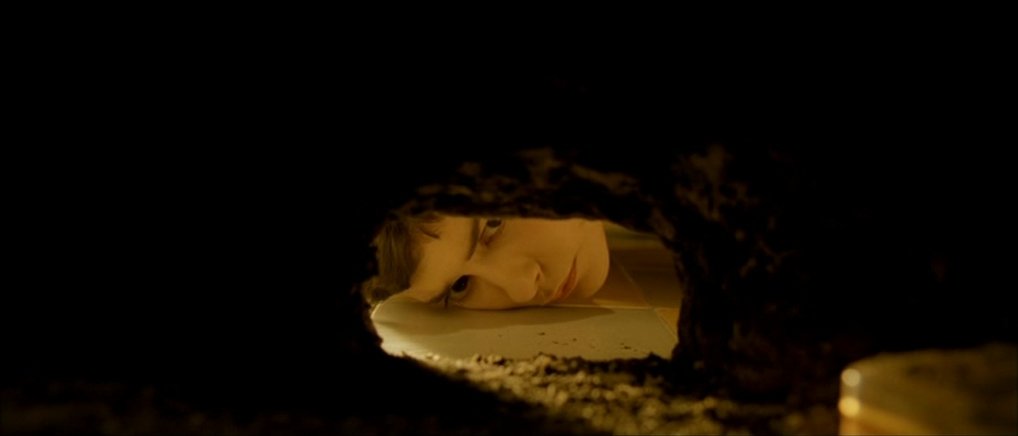
It’s a marathon, not a sprint. Take care of your body.
I have been an operator for over 30 years, and was a steadicam operator for 24 of those years. I have had my fair share of hard days and shoots, but no more or less than anyone else.

Do I need to join the union to succeed as an operator? The SOC? The ACO?
When I started out, I initially wasn't offered any union work, and made my living as a non-union operator doing music videos, commercials, and low-budget films. Over time, I started working on larger scale projects, and eventually joined Local 600 when 1) I had enough days to join, and 2) I was offered a lucrative union job that I needed to be affiliated with Local 600 to accept. Both of these things happened around the same time, so for me, the timing was a no-brainer.

When the Director and the DP aren’t playing nice.
I've only been on one set where I was put in an awkward position by the director and DP not seeing eye to eye, and that was mostly because I was inexperienced.

What gear do you always have in your weather bag?
I generally have two bags that I bring with me on a job. One is an onset bag, the stuff that I want to have quickly at my fingertips that I ask to live on a cart somewhere, and then an offset or cold storage bag which has extra stuff, different kind of weather stuff, etc etc.
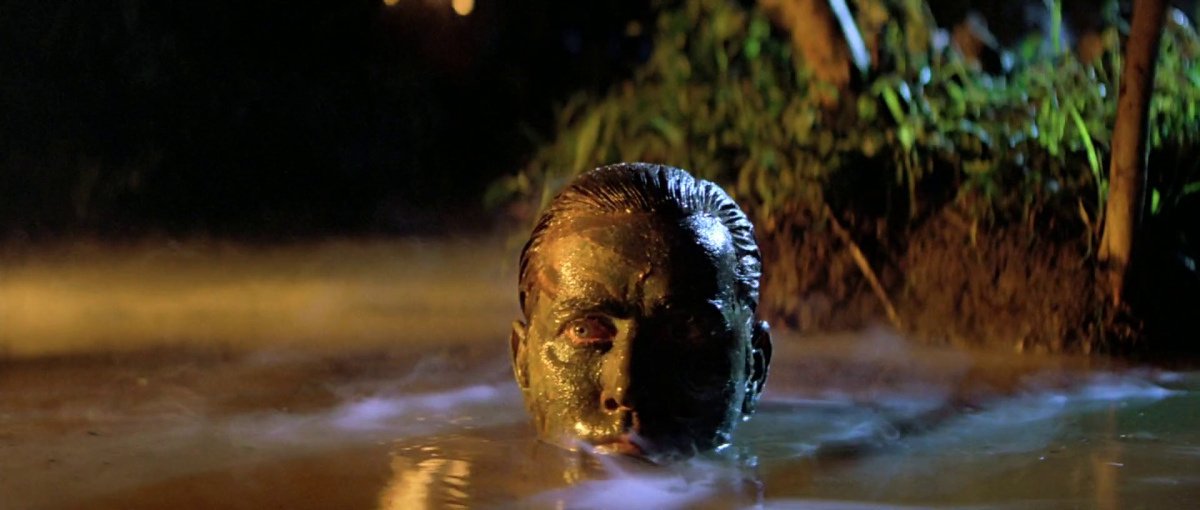
Night shoots. How do you prepare? Is a one or two day shoot different than a full show of nights? Tips and tricks?
To prepare for overnighters, I wake up early do some chores, have a hearty breakfast and go back to sleep for as long as I can. The less I eat later in the day, the more energy I have. When returning home, if possible get to sleep before the Sun comes up.
For a whole show of nights, just start drinking human blood.

Stretching, exercise, physical fitness. What do you do to stay in shape?
Recovery after a hard day is vital, and in addition to an Epsom salt bath or soak in the hot tub, owning a TENS machine, a foam roller/and or handheld recovery stick, massage gun, freezer cold packs, microwavable heat pack can be very helpful.
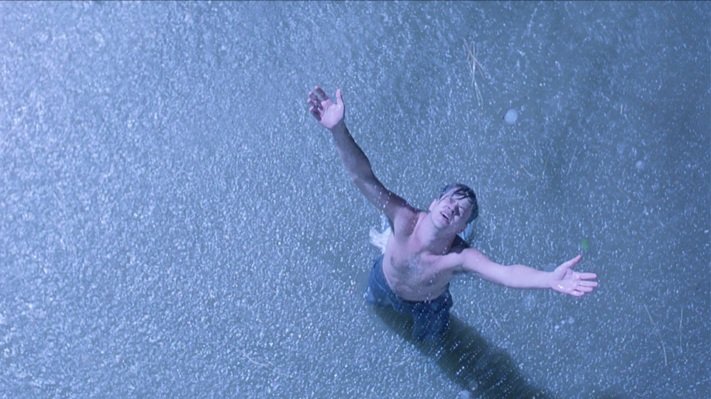

What advice would you give a B operator who is looking for the skills necessary to become an A operator?
Watch. Listen. Take notes. Ask questions when it’s appropriate. There;’s a huge difference between being a B cam op and and A cam op and almost none of it has to do with actual operating. yes, you need to be able to land shots, set up shots, etc etc, but it’s really more about interacting with the Ad, the DP, the Director and the actors. You are much more of a traffic cop making sure everything is running well and keeping an eye on things than you are as a B camera operator. It’s not rocket science, but it’s also not completely apparent.


Replacing a person on a show can be sticky. What is your responsibility to that person and how do you handle settling in?
If I’m replacing someone I know I’ll reach out to them before arriving on set to let them know I was asked to come in and usually ask the circumstances of what happened just so I’m aware of the environment left behind. After that, it’s on you to just do the job to the best if your abilities and know they called you in for a good reason….
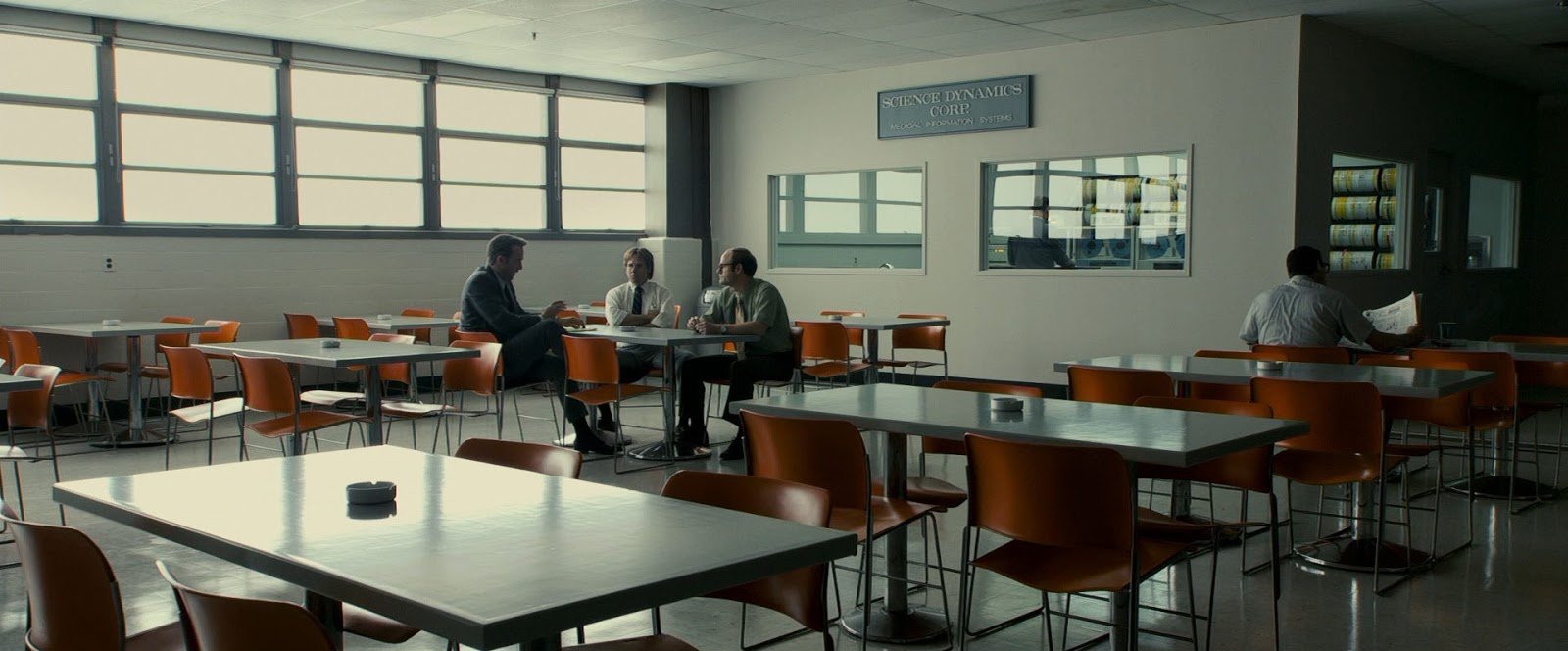
Coming in on B camera with a new crew. What are the do’s and dont’s?
I do a lot of B camera work, and my first instinct on a new set is to listen and observe what is happening around me. I want to have a discussion with the A camera operator about framing (headroom, overs, placement of actors in frame, the size of closeups, and anything unusual to be aware of), and how I can best compliment his/her work. I want to defer to the crew that is already there, and not try and impose my ideas on them – presumably they’ve been doing just fine without me to that point, and I don’t want to rock the boat.

Is there a philosophy that you think is important to always keep in mind in order to be a successful camera operator?
Be Precise.
Be Concise.
Be Nice.

How do you deal with a 1st AD who is constantly telling you to go faster?
I am at the stage in my career where the first Ad will quite often sit on my shoulder. They will watch my monitor and and they will watch what I’m doing and work out their timings from that. I think as I was coming up through the ranks you do get a lot of first AD’s who push you to go faster for the sake of it, but as is quite often the easy way ends up being the hard way. So take a bit more time and do it right. I think you have to find a common ground and convince them you are knocking your socks off to make their shoot go faster.
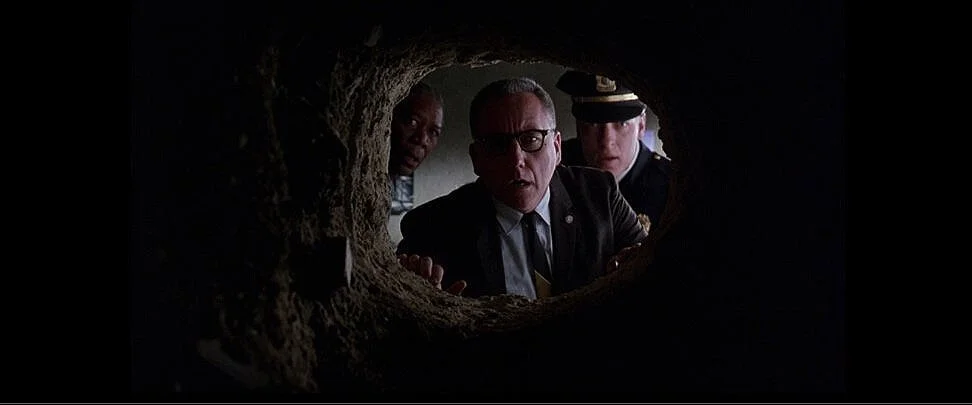
How do you know when you are ready to be an A camera operator?
You don't, really. The opportunity arises in one of several ways and you have to decide if you feel ready enough. You'll make mistakes and feel like a fraud from time to time, but you take on the challenge and do your best.

What is your favorite part of being a camera operator? Why do you love it?
I love that while there are many people responsible for creating the individual shots that comprise a movie or TV show, we as operators are the people who are physically controlling the frame during the shot. What we do couldn’t happen without everyone else’s contribution, but we are the ones setting the frame and adjusting it while the camera rolls, and that is a special stamp we put on every project we do.
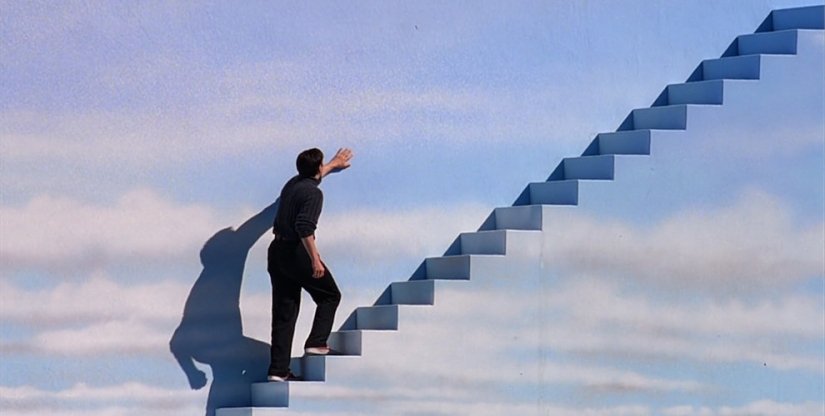
How do you quickly and efficiently decide what platform to use to create a shot (crane, dolly, steadicam, handheld)?
In choosing a platform, I find the simplest way to do the best shot. This thinking includes; Ease and time of set up, ability to operate the desired shot, ability of crew involved in performing the shot.
A pet peeve for me, is an operator who complicates a set up with gadgets just to look cool or make it appear like they’re doing something amazing.

Is Imposter Syndrome Real?
Hell yeah it is. I’ve been doing this for decades and I still wonder when everyone is going to realize that I dont know what i’m doing. Around every corner there lies a shot that I might not be able to do but so far, it hasn’t caught me yet. But yeah, it’s real and you’re not alone.
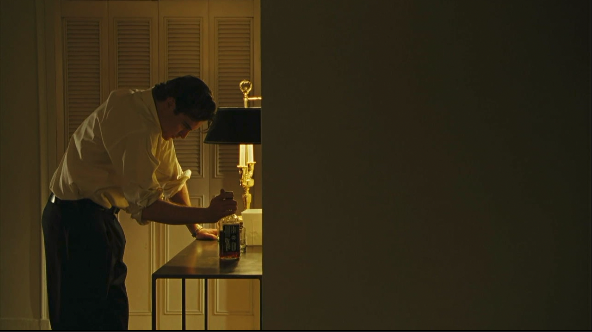
How often do you watch dailies? If you are the A camera Op do you give feedback to B cam?
Always always watch dailies. Only way to learn from your own “mistakes” but also see what is working well for the show. Watch everyone’s work and show appreciation for the other cameras contributions as well as what could be done better/differently going forward. It’s a collaborative effort and dailies keep everyone on track including the director/DoP.

